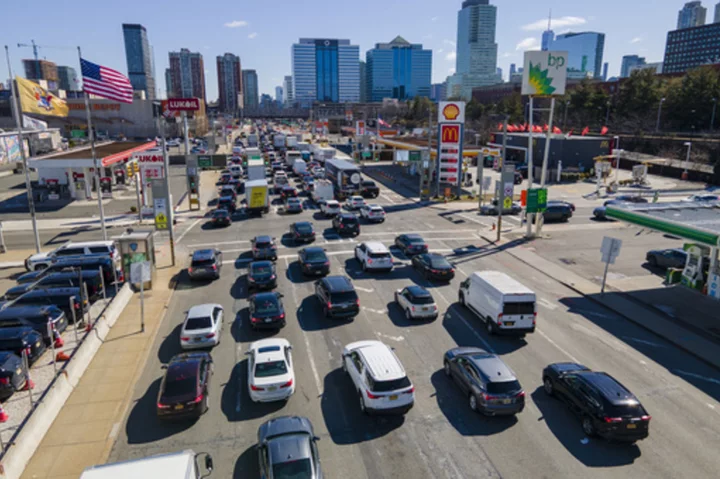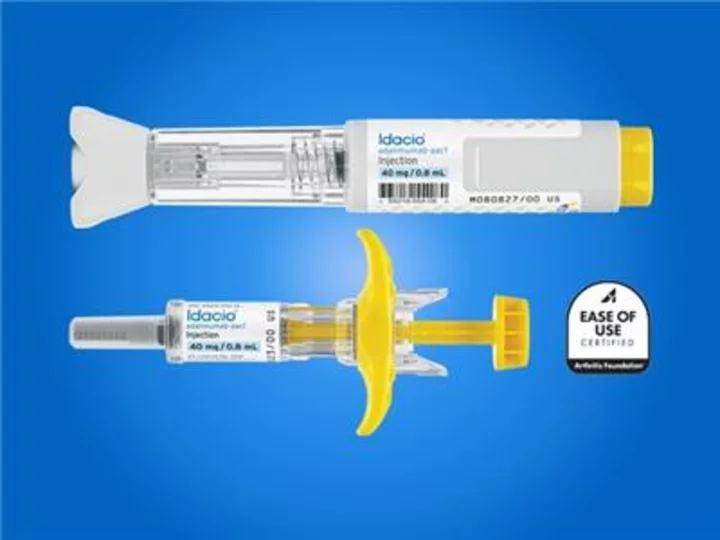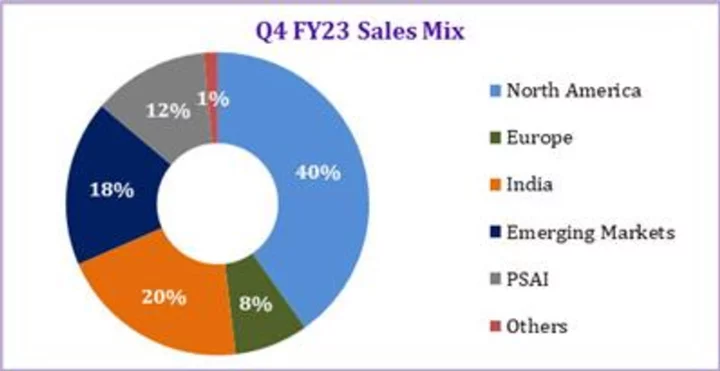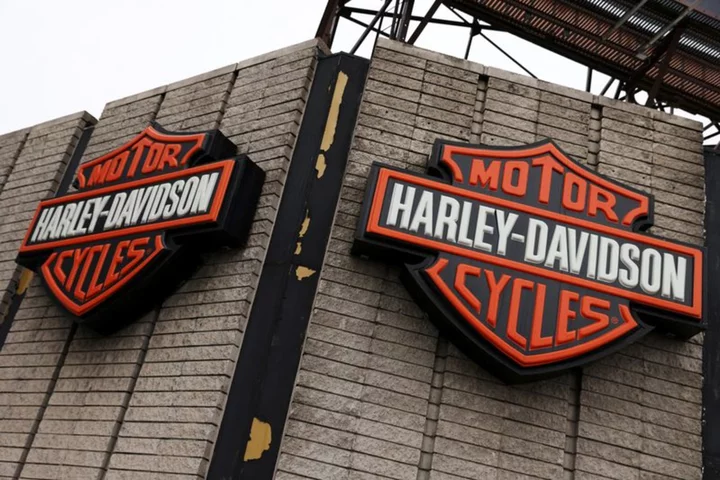DETROIT (AP) — With the average new-vehicle price in the U.S. at nearly $48,000 and the cost of a used automobile averaging almost $29,000, many people are getting repairs done and keeping their vehicles longer.
That's boosted the average age of a vehicle on U.S. roads to a record 12.5 years this year, according to state registration data gathered by S&P Global Mobility.
New and used vehicles are pricey because of computer chip shortages that began with the coronavirus pandemic. And monthly payments have been pushed even higher because the Federal Reserve has been raising interest rates. New vehicle loans now are around 7% on average.
Here's how experts say you can keep your old ride running longer so you can avoid the sky-high prices and hefty monthly payments:
DO THE REGULAR MAINTENANCE
Most owners' manuals have a schedule for maintenance that needs to be done when vehicles reach a certain number of miles on the odometer or a particular age. Some have dashboard alerts about when maintenance is due.
These include oil, filter and coolant changes, lubrication, brake fluid and transmission fluid changes, belt replacements and other items. Regular maintenance prevents things from breaking down later, so it's worth the cost.
“It’s a lot cheaper to maintain and repair a car right now than it is to buy a new one,” says David Bennett, manager of repair systems for AAA.
Jay Nuber, owner of Japanese Auto Professional Service, a repair garage near downtown Ann Arbor, Michigan, says it's best to keep the maintenance up to date so you don't build up too big of a tab down the road.
WATCH THE OIL
The most important thing to do is change the oil and filter at intervals recommended by the vehicle's manufacturer.
Oils have improved dramatically in the past decade, but it's still a good idea to get it changed at the right intervals to stop sludge and dirt from building up in the engine, Bennett says. If that happens and oil doesn't flow well, the parts aren't getting lubricated, and that can cause problems down the road, says Bennett.
Because oils are so much better, you no longer have to get it changed every 3,000 miles, Nuber says. He recommends 6,000-mile intervals.
CHOOSE THE RIGHT GASOLINE
Bennett recommends looking for a “Top Tier” sticker on the gas pumps and buying gasoline at that station. Companies that sell “Top Tier” gas agree to add detergents and additives to reduce carbon deposits inside the engine and on the intake and exhaust valves. That will keep engines running better and longer, he says.
KEEP THE CAR CLEAN
If you live in a cold climate where salt is used to clear the roads, make sure you get your car washed regularly.
Salt, of course, can accelerate rust on the frame and underside, but also on the body and doors if left on for long periods.
In most places, snow, ice, slush and salt come for a few days, but then it gets dry. That's the time to wash your car and make sure the undercarriage gets sprayed, says Nuber. “Go to the car wash and try to remove all that old grunge underneath there to keep the corrosion down,” he says.
LISTEN TO YOUR CAR
Often your car will tell you when a problem is developing, with check engine lights or other warnings on the dashboard. But it also can warn you with noises or other behavior.
If it the front end pulls in one direction, that could mean tire or suspension problems, Bennett says. Funny noises might be a sign of other trouble.
If a check engine light comes on, ignore it at your peril, Bennett says. “It could be something as simple as a gasoline cap loose,” he said. “It could be even more significant. You don't know unless you have that looked at.”









